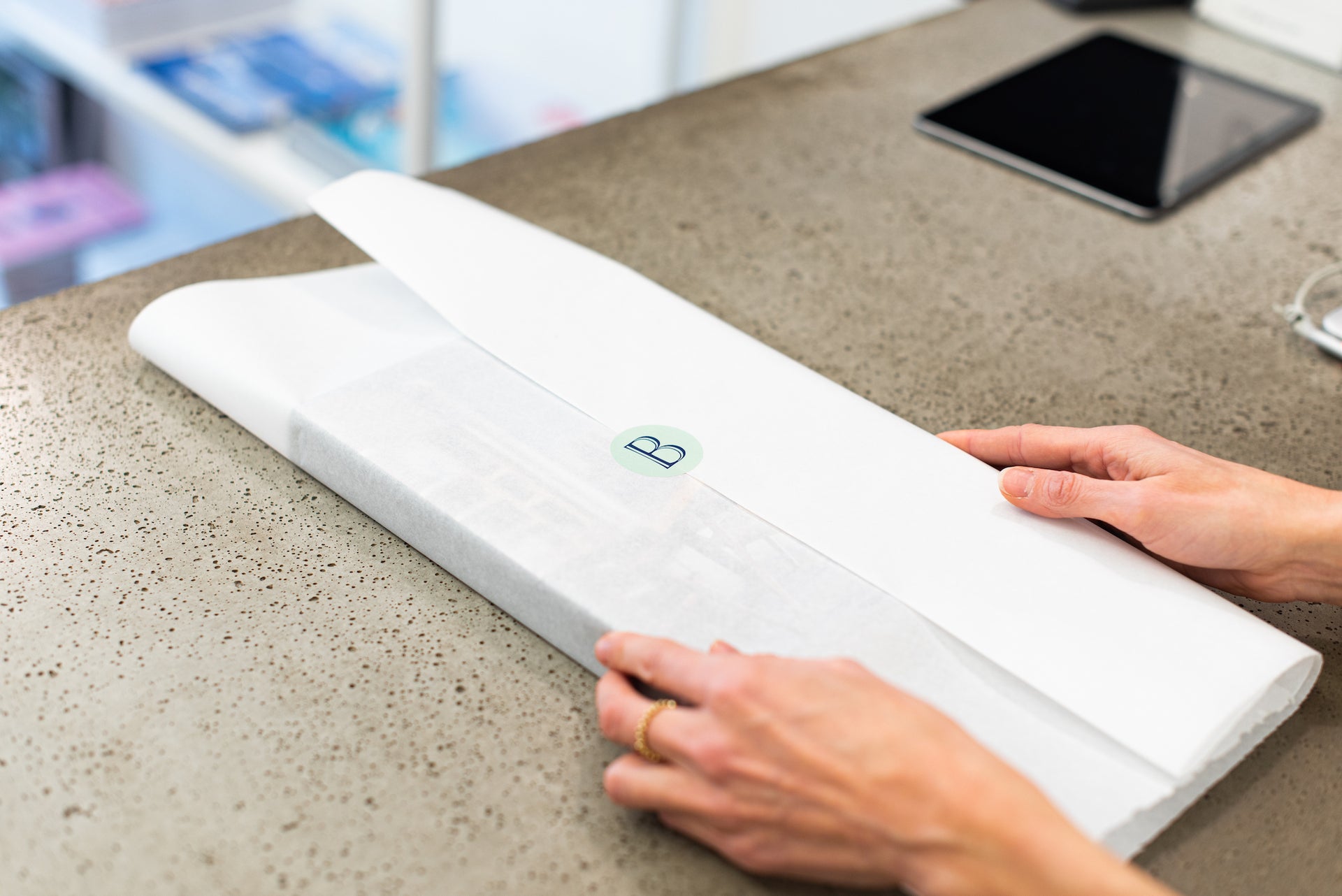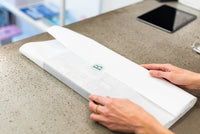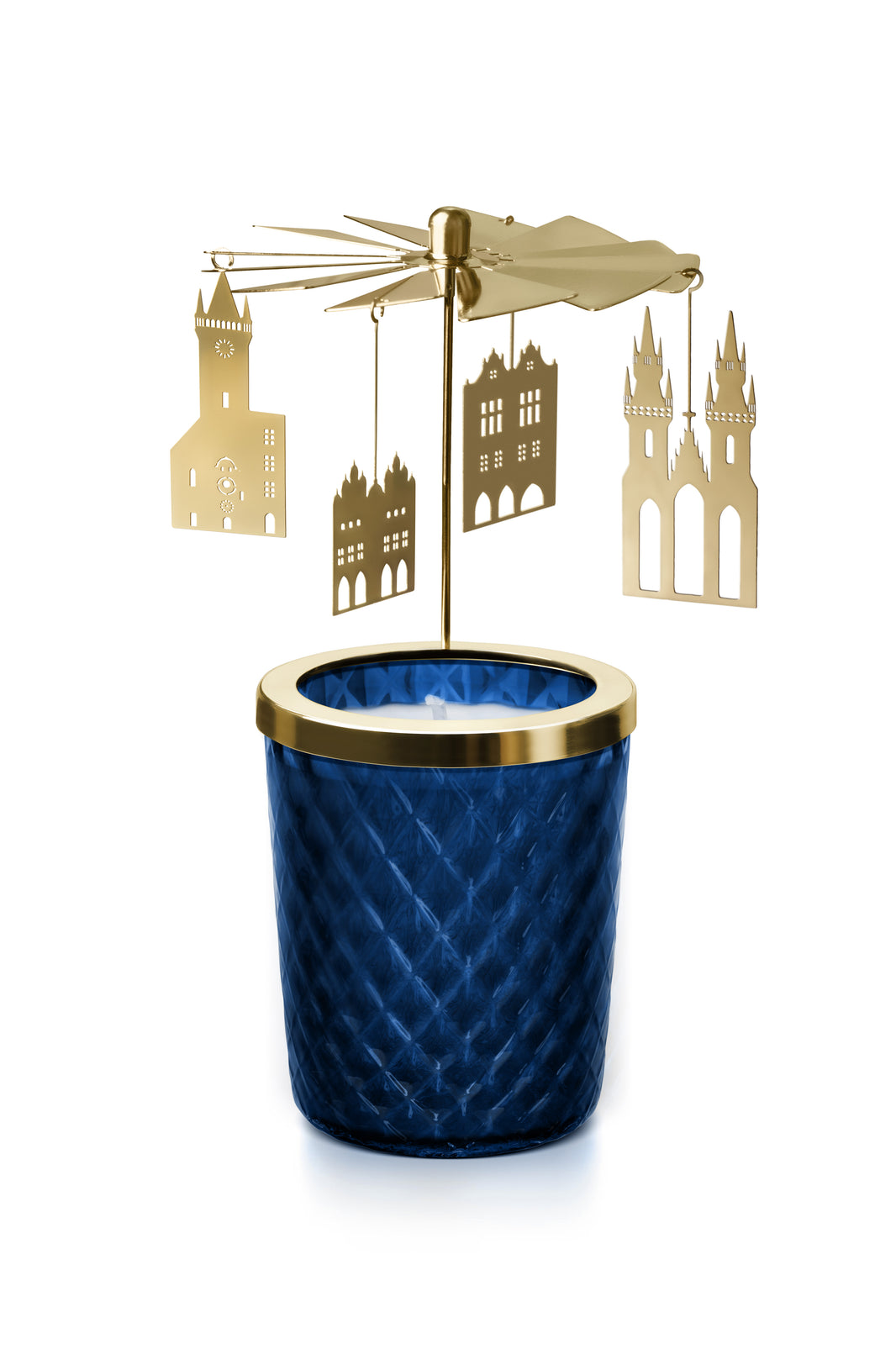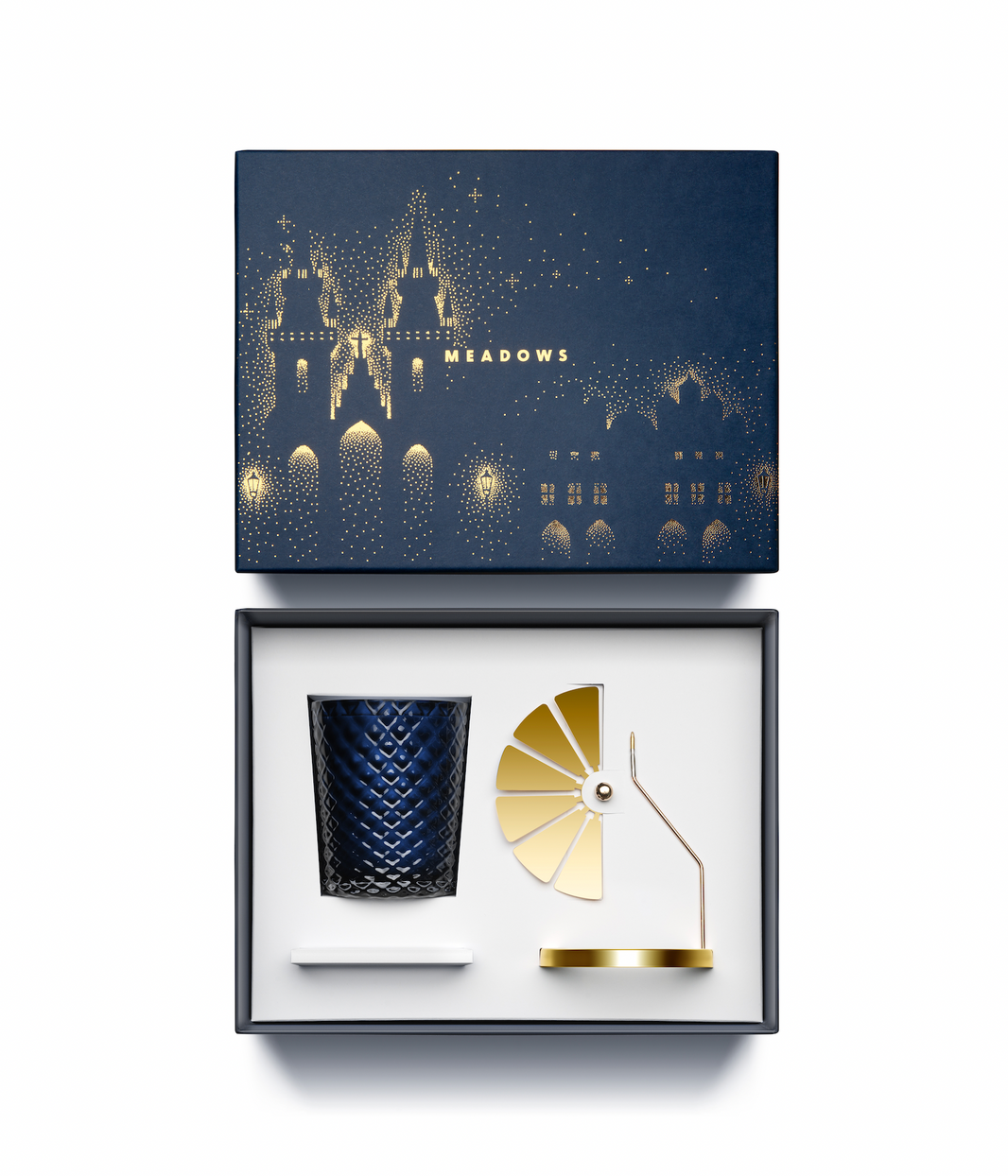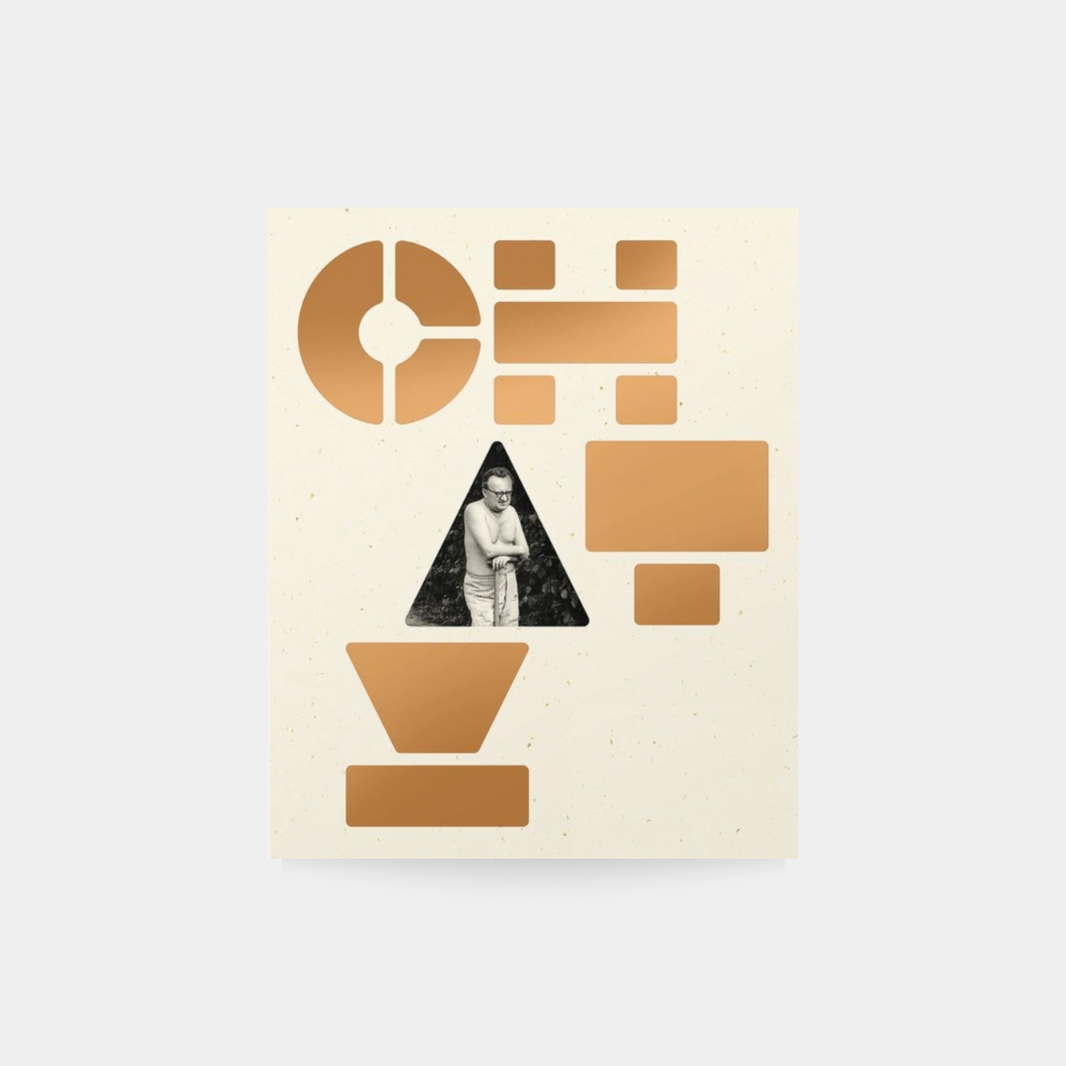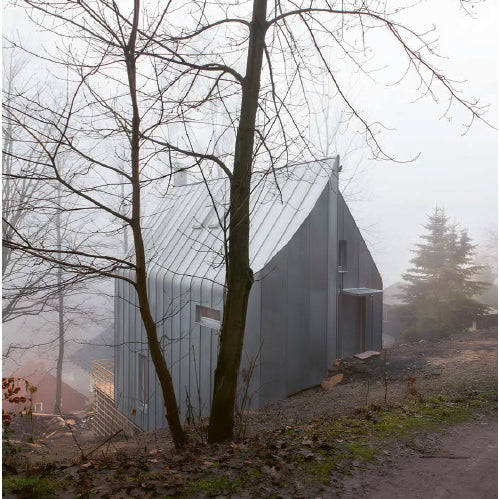Yun Hyong-keun / Paris
- Běžná cena
- 1 552 Kč
- Zlevněná
- 1 552 Kč
- Běžná cena
- 1 940 Kč
Couldn't load pickup availability
Popis
Popis
A contemplative exploration of the work of Yun Hyong-keun, a renowned Korean abstract painter, during a transformative period in the early 1980s.
'His brushstrokes bled naturally across the linen or cotton raw canvas -appearing light brown as its fabric was not bleached - reminiscent of traditional East Asian calligraphy or ink and wash paintings.' ― The Korea Times
From 1980 to 1982, Yun Hyong-keun resided in Paris, seeking both peace from the violent political turmoil that exploded in South Korea and a new, artistic center in which to create work. His brief but illuminating stay in the city became the locus of his freedom of expression, which had been subject to political repression he had experienced in his home country.
Yun's signature abstract compositions engage and transcend Eastern and Western art movements and visual traditions, establishing him as one of the most significant Korean artists of the twentieth century. He is the most prominent figure associated with the Dansaekhwa (monochrome painting) movement, the name given to a group of influential Korean artists from the 1960s and 1970s. Using a restricted palette of ultramarine and umber, Yun created his compositions of monolithic swathes by adding layer upon layer of paint onto raw canvas or linen, and hanji (Korean mulberry paper), often applying the next coat before the last one had dried.
Published on the occasion of the artist's exhibition at David Zwirner, Paris, in 2023, this limited-run cloth-bound catalogue focuses on his paintings and works on hanji. In an accompanying text, the art critic Oh Gwangsu considers Yun's work prior to his move to Paris, particularly the artist’s shift toward his signature works in the 1970s. The writer Mara Hoberman then reflects on Yun’s practice and influences upon his arrival in the European capital, including an examination of his more nuanced understanding of the color black, which takes on different meanings in France and Korea.
Review
"Cracks and luminous abysses letting the depths of minimalist fields burst onto fragile monoliths: such is the shock felt when faced with a painting by Korean artist Yun Hyong-keun"-- "La Gazette Drouot"
"His brushstrokes bled naturally across the linen or cotton raw canvas--appearing light brown as its fabric was not bleached--reminiscent of traditional East Asian calligraphy or ink and wash paintings"-- "The Korea Times"
"Of obvious quality, this tribute to the artist . . . shows a marvelous conquest of space through uncluttered landscapes. Vibratile and delicate sensation"-- "Télérama"
"The artist's abstract works...exude both an undeniable mental strength and a kind of discord. A somber gravity despite their minimalist language devoid of affect"-- "art press"
About the Author
One of the most significant Korean artists of the twentieth century, Yun Hyong-keun (1928–2007) was born in Miwon, North Chungcheong Province, Korea, and received his BFA from the School of Fine Arts at Hongik University, Seoul, in 1957. During the 1960s, he became associated with the influential Dansaekhwa (monochromatic painting) movement of Korean artists who experimented with the physical properties of painting and prioritized technique and process. The scarcity of materials following the Korean War (1950–1953) and the country’s relative isolation from the international art world led the artists to construct their own sets of rules and structures in relation to abstraction.
Mara Hoberman is an art historian and critic based in Paris, where she is currently conducting research for the forthcoming Joan Mitchell catalogue raisonné of paintings. She is a regular contributor to Artforum and her essays have been published by SFMoMA, ICA Miami, the Swiss Institute, the Indianapolis Museum of Art, the Essl Museum, the Middelheim Museum, Palais de Tokyo, and the Pompidou Center. Hoberman is also the author of 461. Dix ans d’art contemporain (2022).
Born in 1938, Busan, South Korea, Oh Gwangsu is an art historian and writer. He served as editor-in-chief of SPACE and was the Korean commissioner for the Venice Biennale in 1997. He has taught Korean modern and contemporary art history at Hongik University, Ewha Womans University, and Chung-Ang University. He served as chairman of the Arts Council Korea and as director of Whanki Museum; the National Museum of Modern and Contemporary Art, Korea; and Museum SAN.
| Vazba: | pevná |
|---|---|
| Počet stran: | 104 |
| Formát: | 24,1 x 29,2 cm |
| Rok vydání: | 2024 |
Doprava
Doprava
Doprava zdarma pro objednávky nad 2 000 Kč.
Osobní vyzvednutí v Praze a Brně připravujeme zpravidla do hodiny. Až bude objednávka připravena, pošleme vám emailem nebo SMS informaci. Aktuální otvírací dobu najdete vždy na Google Mapách (Brno, Praha). Pokud zboží není dostupné ve vámi oblíbené prodejně, rádi vám ho přepravíme. Jako druh přepravy zvolte "Expedice" a potom "Osobní vyzvednutí, převoz".
Zásilkovnu můžete využít pro vyzvednutí z parcell shopů, AlzaBoxů, nebo Z-boxů ve svém okolí.
Kurýr GLS doručí objednávky druhý pracovní den v případě, že objednáte do 14. hodiny.
Expresní doručení do 2 hodin je dostupné na všech pražských a brněnských adresách. Objednávku odešleme během pracovní doby obchodů.
S každým speciálním přáním nebo otázkou nás určitě kontaktujte. Vždy uděláme maximum, abyste byli spokojení a svou knihu dostali, když ji potřebujete. Sami to známe :-)
Výměna
Výměna
Nemějte strach, že se netrefíte 😎
Nevhodný dárek u nás vyměníte kdykoliv, bez časového omezení. V lednu, v únoru, prostě kdykoliv a v klidu.
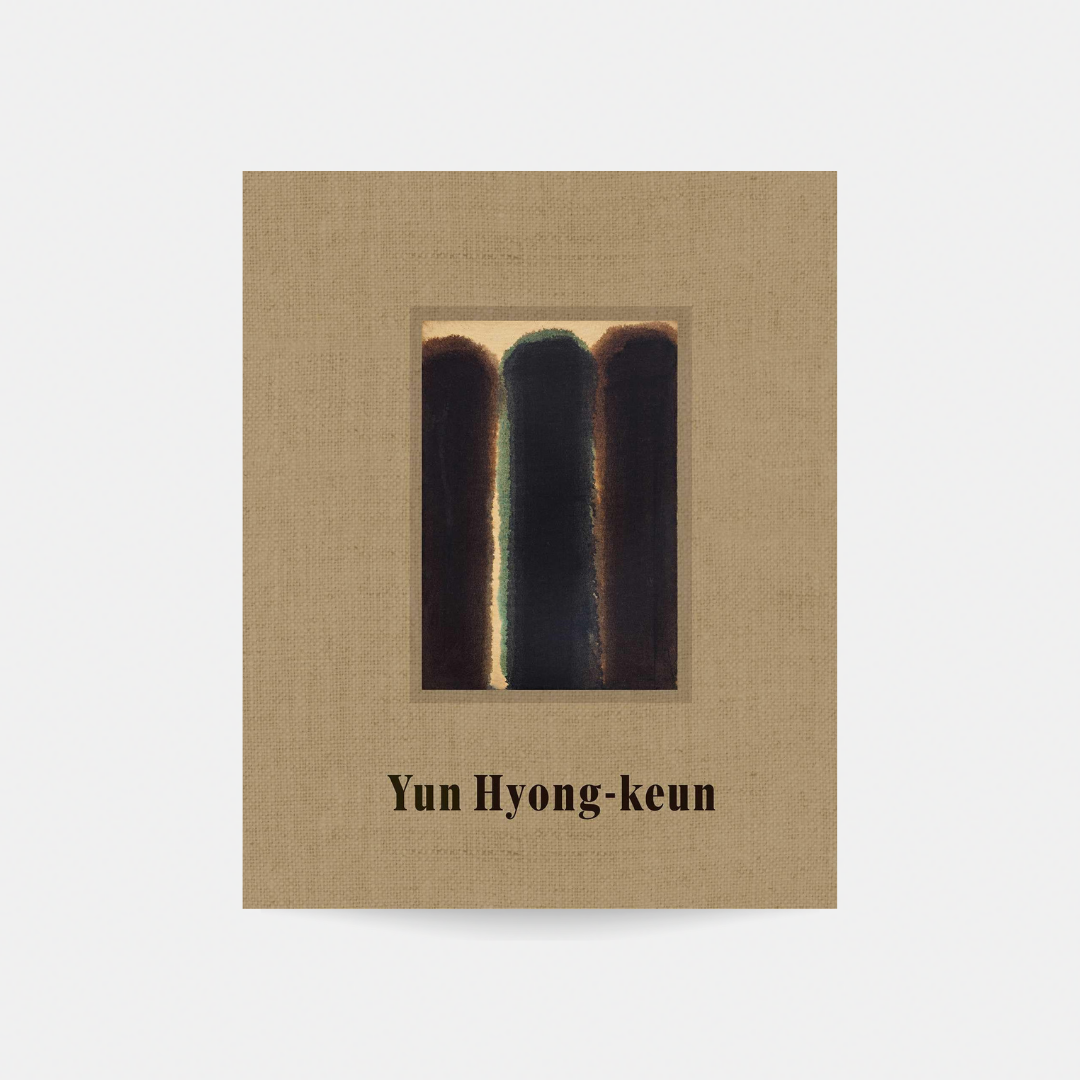
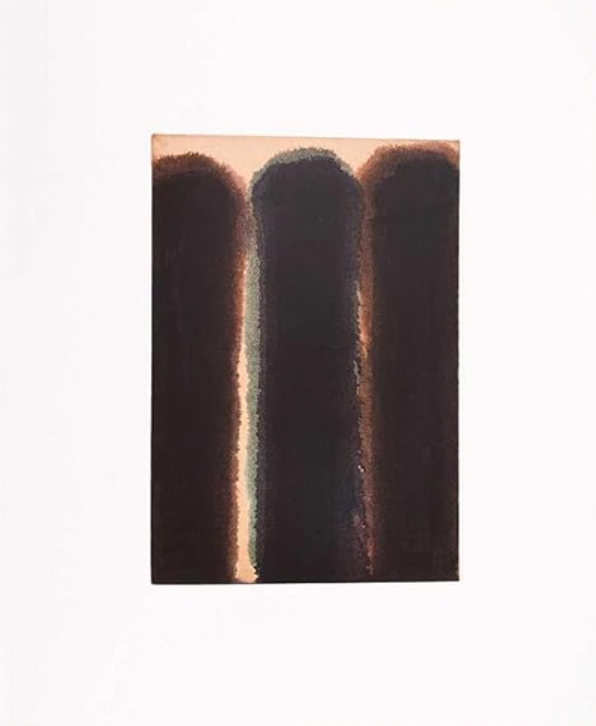
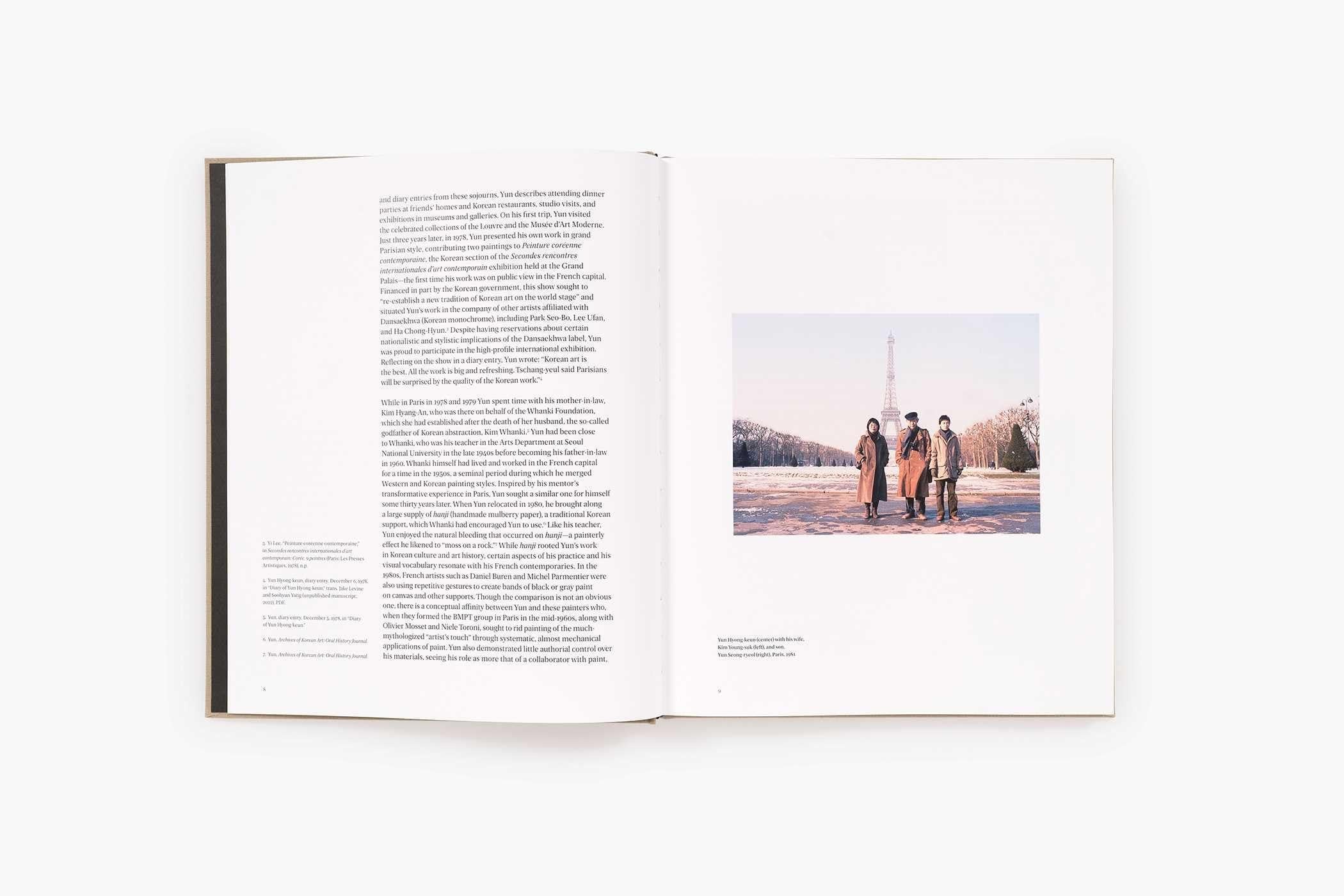
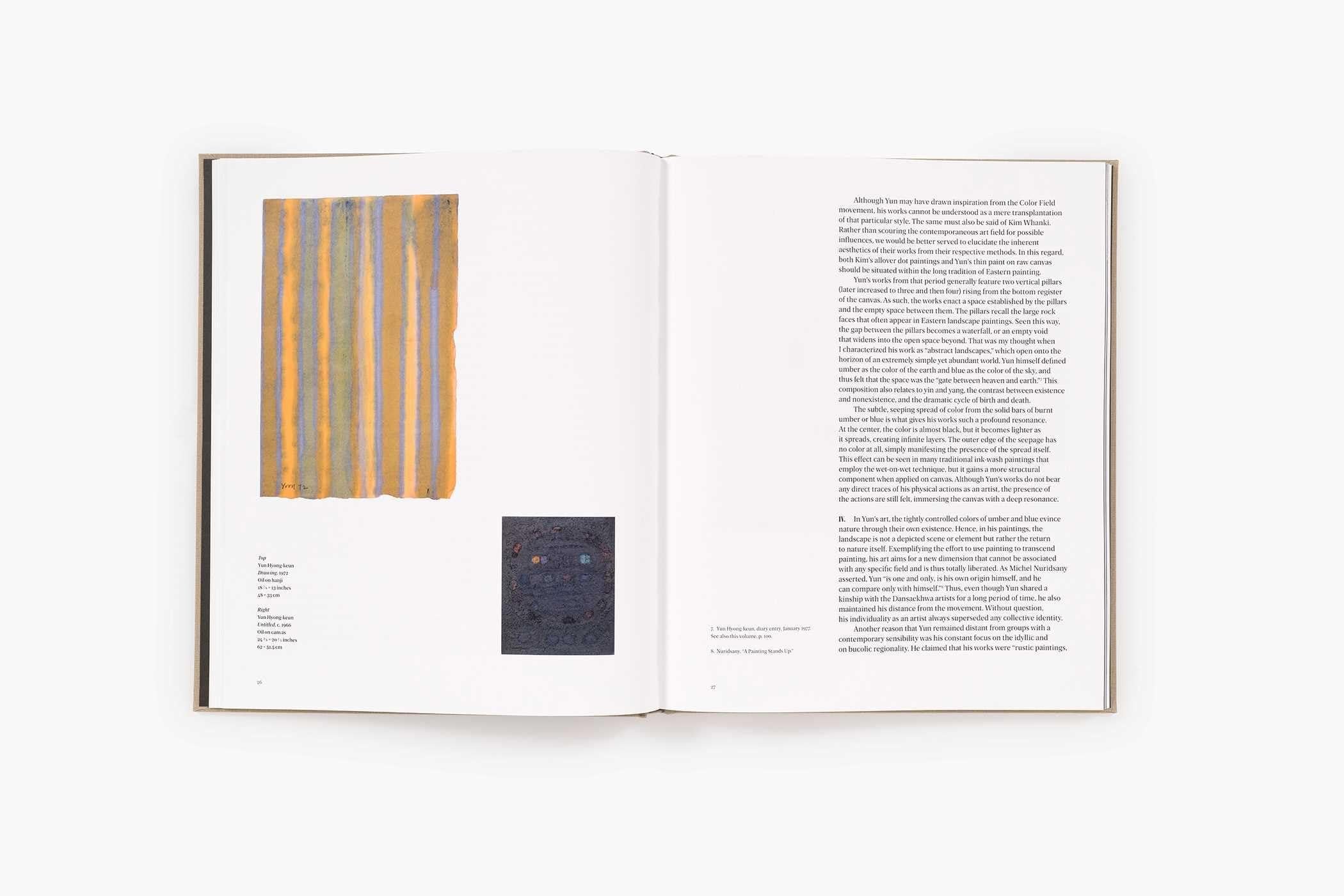
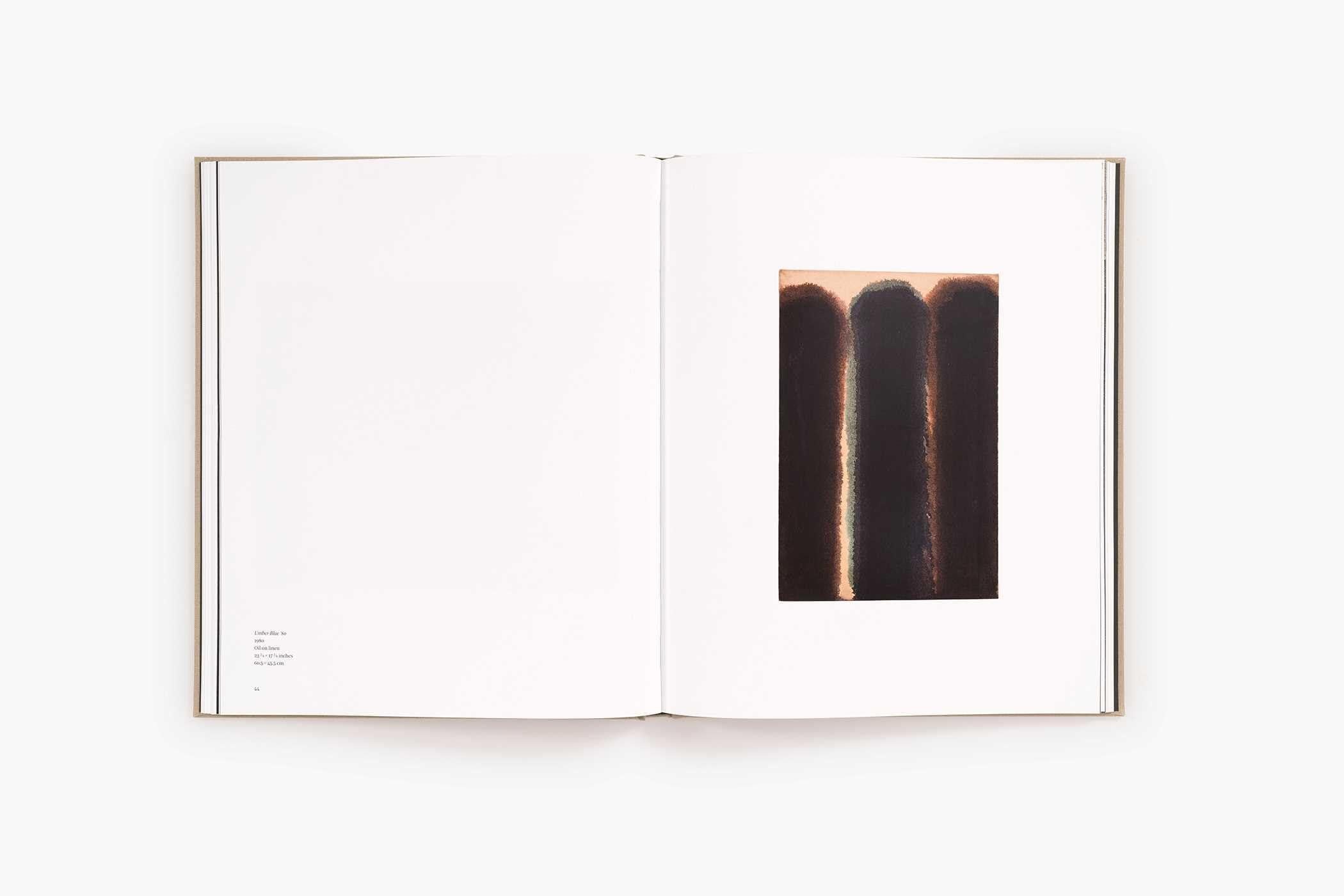
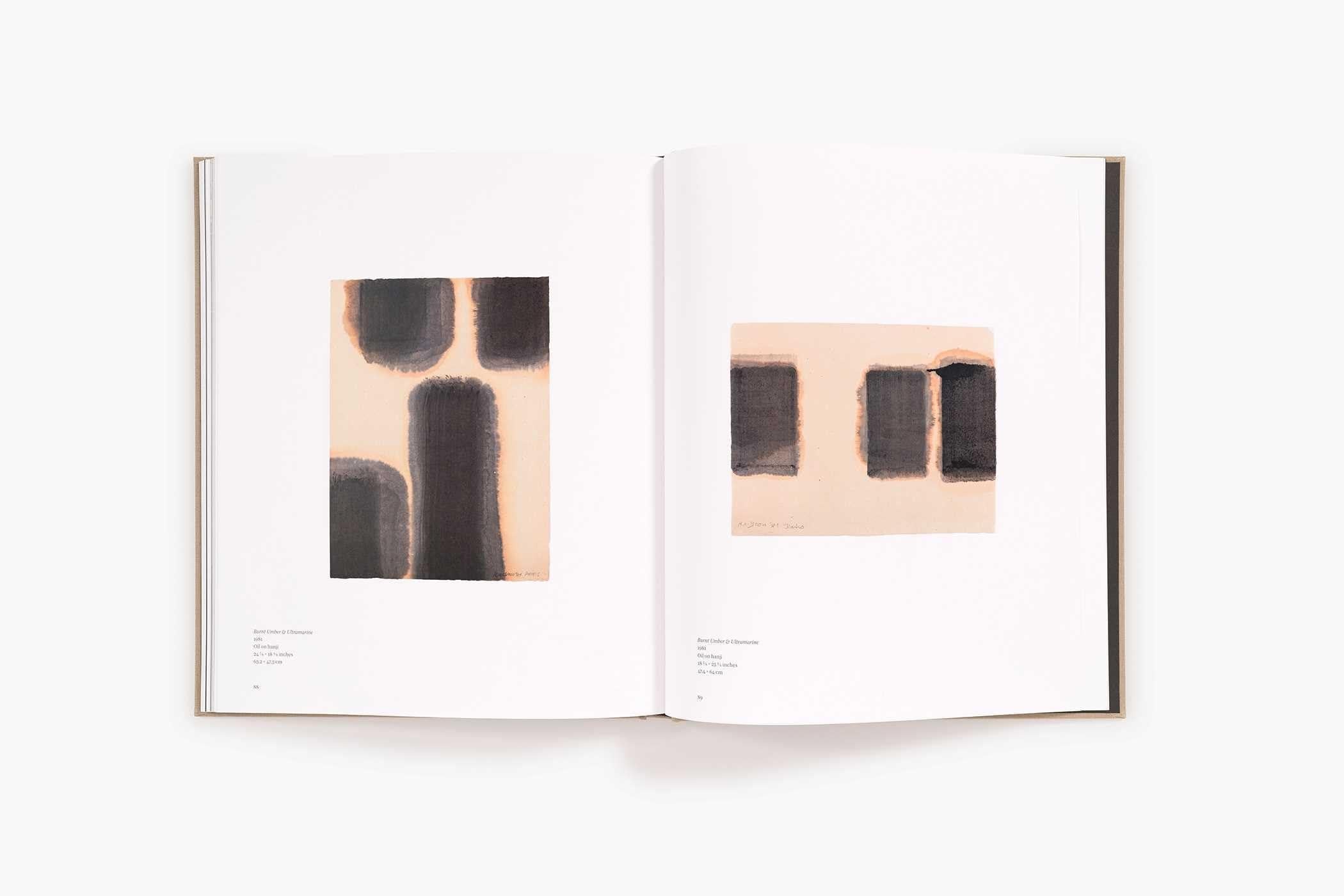
Yun Hyong-keun / Paris bude nejkrásnější s těmito knihami
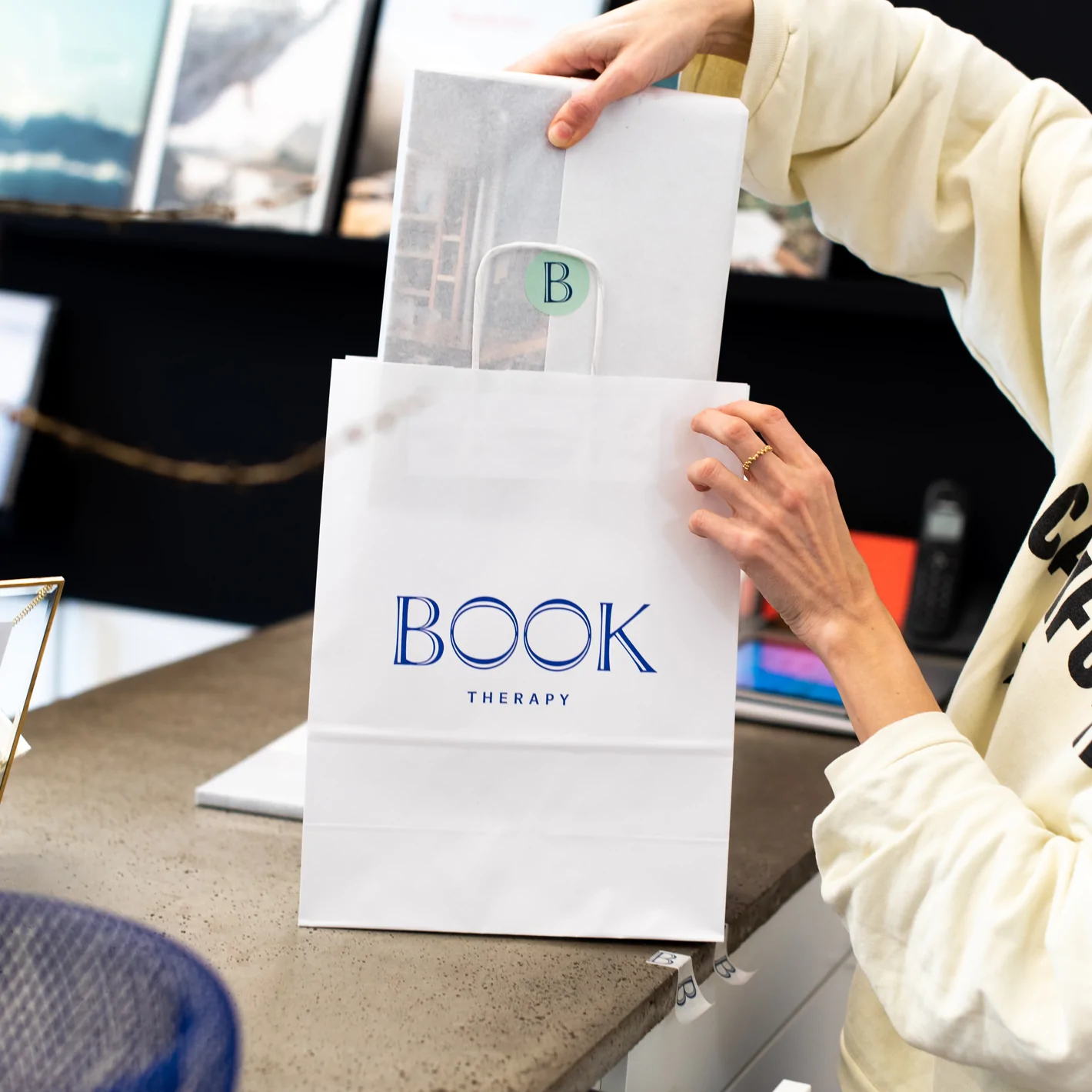
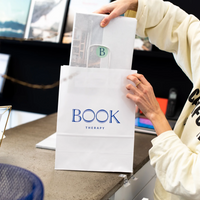
Doprava od 2000 Kč zdarma
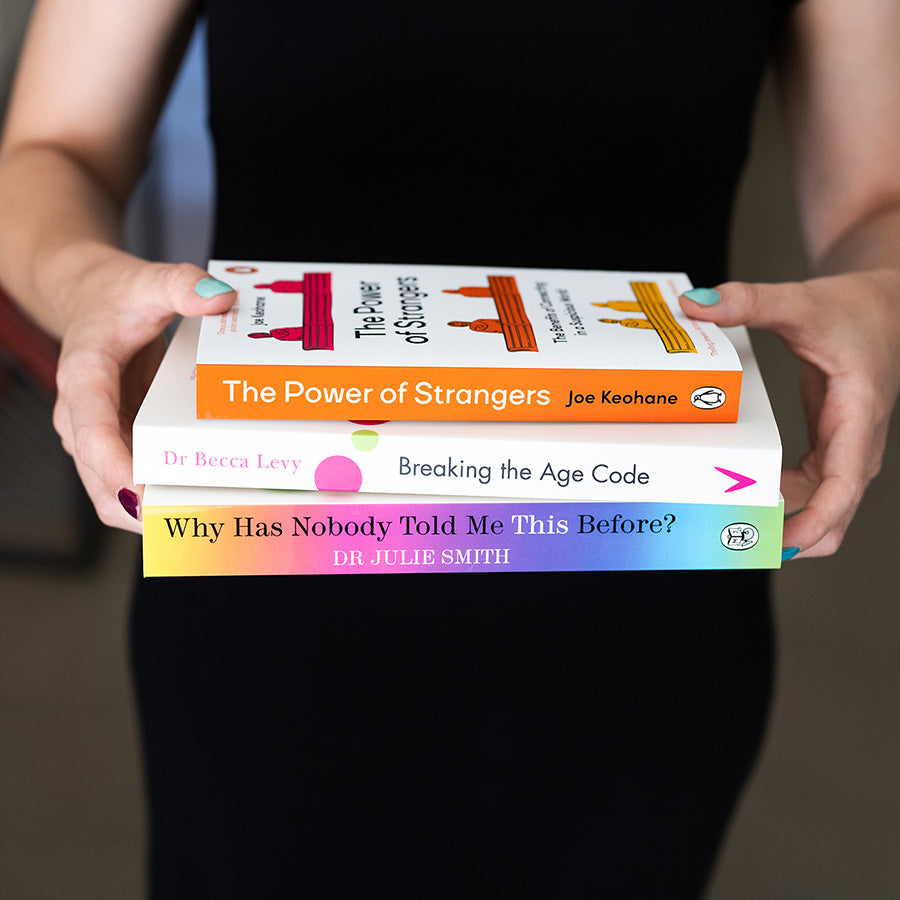
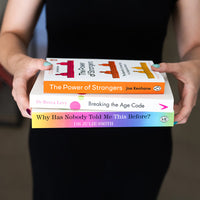
Neomezená doba na výměnu zboží
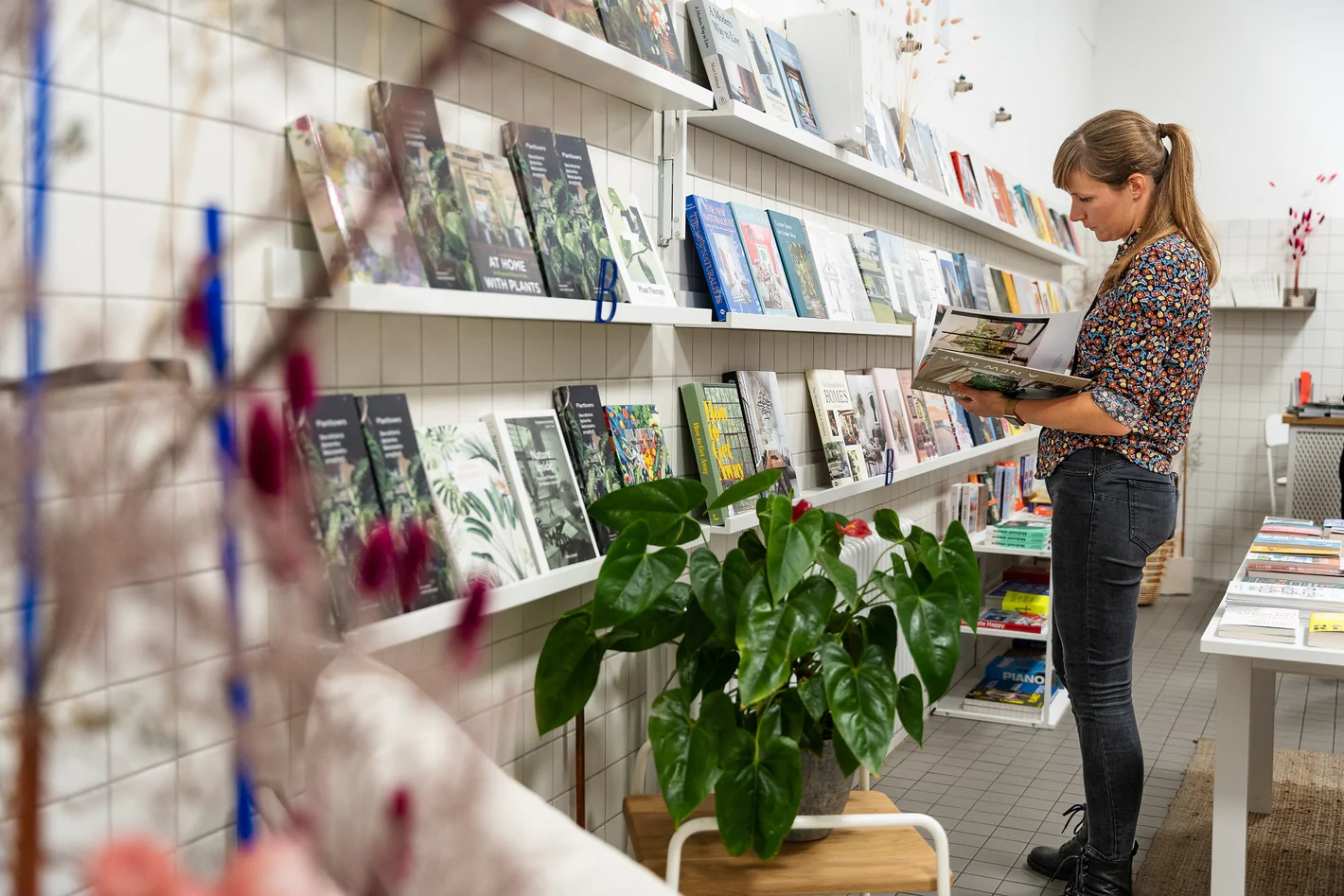
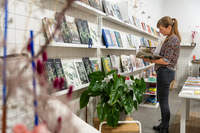
Kamenné pobočky v Praze a Brně
